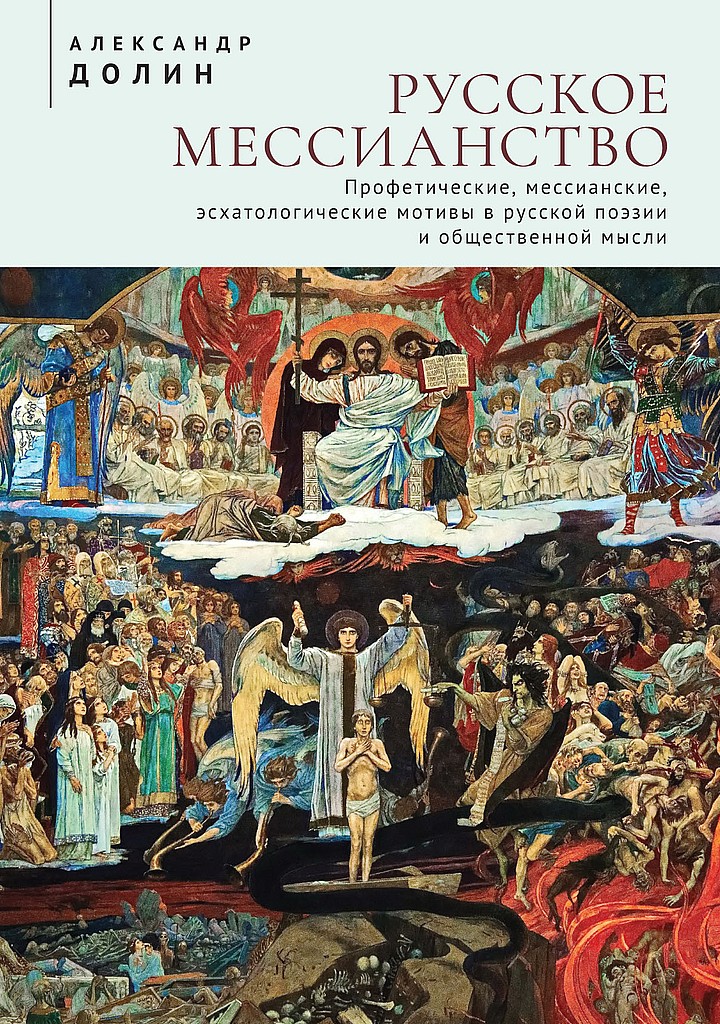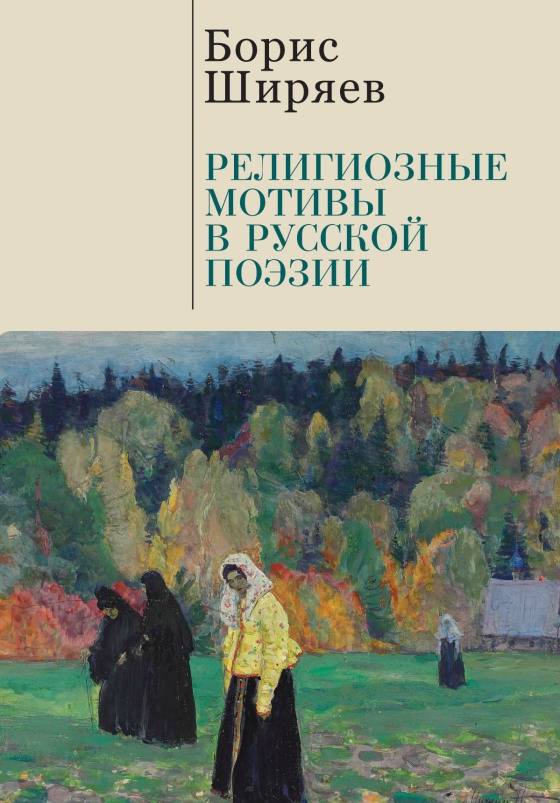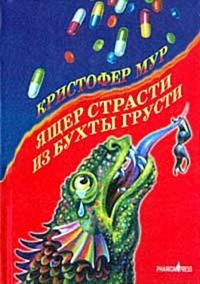the storm is over.
Few intellectuals of those who have witnessed the October atrocities and the terrible course of the Civil war would cherish any illusions concerning the future of the country. While staying in starving and freezing Moscow after seeing off her husband to the White Army, Marina Tsvetaeva watched the triumphant plebs with horror, pain and disgust. It was at this period that her poetry manifested bitter tones of Biblical prophecy. When by Lenin’s order the freedom of speech was abolished in Russia, when the Civil war broke out and the red terror stamped upon liberal ideals of the intelligentsia with the iron heel, the poet, much earlier than her fellow-writers, came to the realization of the end of Russia — which was for her equal to death.
Irreconcilable hatred for the «Bloody Soviets», the impossibility to bear the violation of freedom and democracy led Zinaida Gippius, Dmitry Merejkovsky and all the other ardent opponents lo the Bolshevist terror into the camp of the White resistance movement and further — to exile, where they were destined to stay forever and watch from the distance the implementation of their worst premonitions.
However, some poets preferred to stay in Russia and to share its destiny in hope that the country sooner or later would revive in glory. A. Akhmatova was one of the first to announce her stand of «sharing the destiny with Mother Russia», expressing her feelings in prophetic Biblical diction. It was an acceptance without approval or reproach, without any reservations — an unconditional surrender to Fate embodied in the revolutionary storm, a renunciation of any struggle. Such kind of fatalism implied the readiness to suffer and die, if necessary, together with the country Akhmatova’s position by that time was shared by many literati, including her fellow writers Acmeists: N. Gumilyov, M. Zenkevich, O. Mandelstam, not to say about V. Bryusov and A. Block. All of them still considered themselves closely related to a great common cause, to the spiritual rebirth and liberation of mankind, so that they were ready (still speculatively) to sacrifice themselves for the sake of the long-cherished revolution.
For those dreamers who have been enjoying years of fame and emotional comfort it was dififcult to realize the true meaning of the catastrophe. Their Russia did not exist any more. The refined culture produced by the Silver Age renaissance was doomed and its creators soon found themselves thrown out of life. Nevertheless, many talented poets and artists, generally realizing the deplorable situation they were facing, deliberately doomed themselves to the hardships, humiliation and possible oblivion.
With a «greeting hymn» addressed to the Huns whose arrival he had predicted in 1904, Valery Bryusov dedicated himself to the fulfillment of a historic mission. He agreed to cooperate with repulsive man-slaughtering administration in hope to enlighten and purify the barbarians. It was not easy for him to take this decision but being a historian and a man of universal culture, he considered himself to be an envoy of Wisdom in the country of prevailing chaos and brutality. He deliberately submitted his emotions to prophetic civil duty lamenting in the meantime the plagues of Russia in the vein of traditional Biblical prophecy. Bryusov was nearly the only one among the writers of his milieu, who openly joined the Bolshevist party and till his death remained involved in the social activities in the Soviet Russia.
However, the poems from Bryusov’s literary archive of 1918–1919 that could not be published until recent years, were written in parallel to the revolutionary hymns. They unveil the moral sufferings that this compromise cost him and make clear his controversial attitude towards the authorities. Undoubtedly, his enthusiastic collaborationism was a deliberate act of a prophet, who decided to postpone his death in order to bring the God-inspired truth to people. Bryusov confirms it in his poem «Prayer» (1918). This standpoint is also manifested in his activities after the Bolshevist revolution — which at least allowed to preserve Bryusov’s name and works for the coming generations even during the gloomy years of Stalin’s obscurantist rule.
* * *
Alexander Block responded to the October coup with a slogan «Listen with your hearts to the music of the revolution!», which let the bolshevists register the poet as their adherent. Along with the selection of the apologetic articles where Block tried to justify the destruction of culture by the interests of the future, a poem «The Twelve» was composed — and it was immediately proclaimed a revolutionary masterpiece. This poem included in the Soviet school program and highly praised by critics in fact did not cultivate the ideal of the socialist revolution. It was more likely a macabre ode singing the bloodshed, established anarchy and coming terror — an ode to the victors written by the vanquished. Like any other composition of this kind, «The Twelve» at close consideration doesn’t seem to be a masterpiece neither in the aspect of its artistic merit nor in comparison to any of the previous Block’s poems. Vile element overwhelming the characters of the poem is alien to the nature of its author. However, this rather weak work was lauded to the skies by the Soviet critics.
Perceiving the revolution within the framework of his favorite archetype of «Retaliation» Block wanted to remain loyal to his nation and his motherland. Probably for some time after the revolution, he still believed that the great Revolt of the liberated spirit would once come to an end, that kindness, reason and justice would triumph in Russia… However, his worldview by that time seems more likely to be tragic and full of eschatological premonitions. Block predicted the triumph of terror and chaos over everything that was dear to him in Russia. Night and blizzard are the images dominating in «The Twelve».
Right after finishing «The Twelve» Block, still staying under the influence of his revolutionary euphoria and partially also under the influence of the pan-slavist ideology, presented his famous «Scythians». Written on behalf of the Russian nation (or maybe nations, including also





